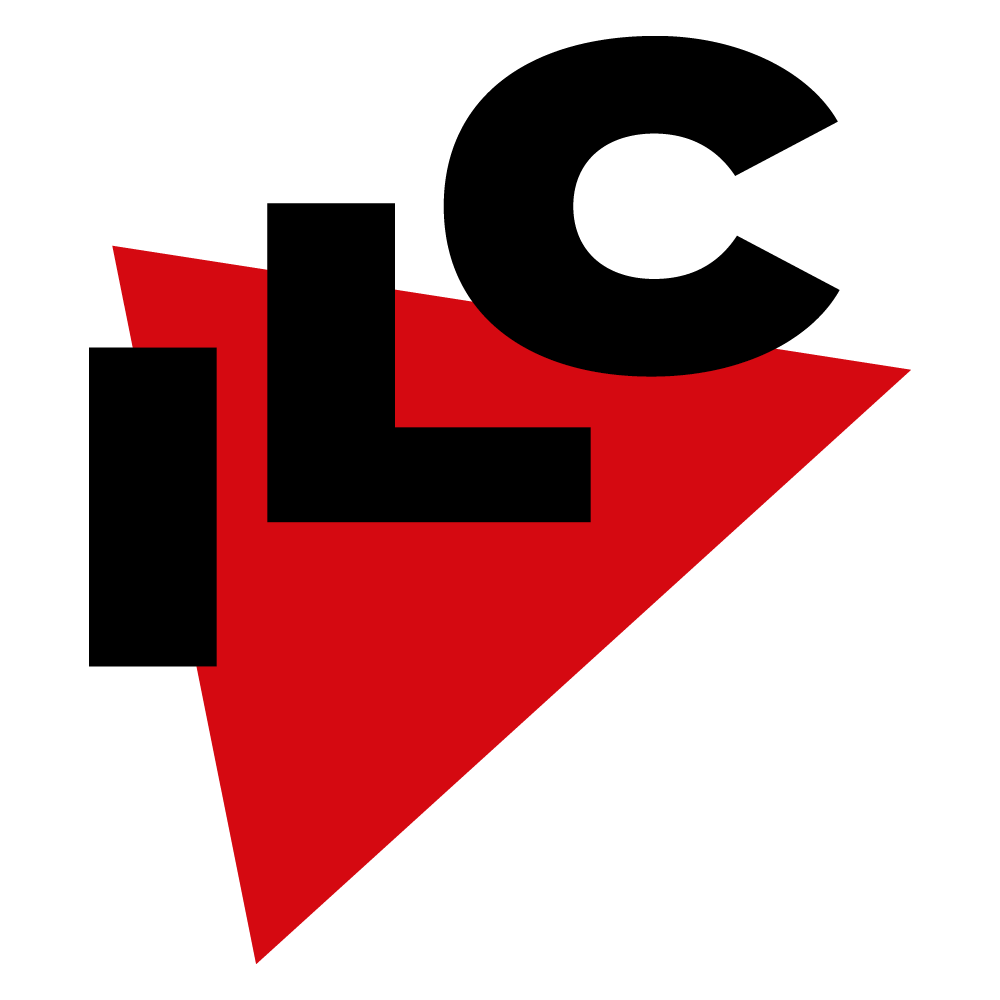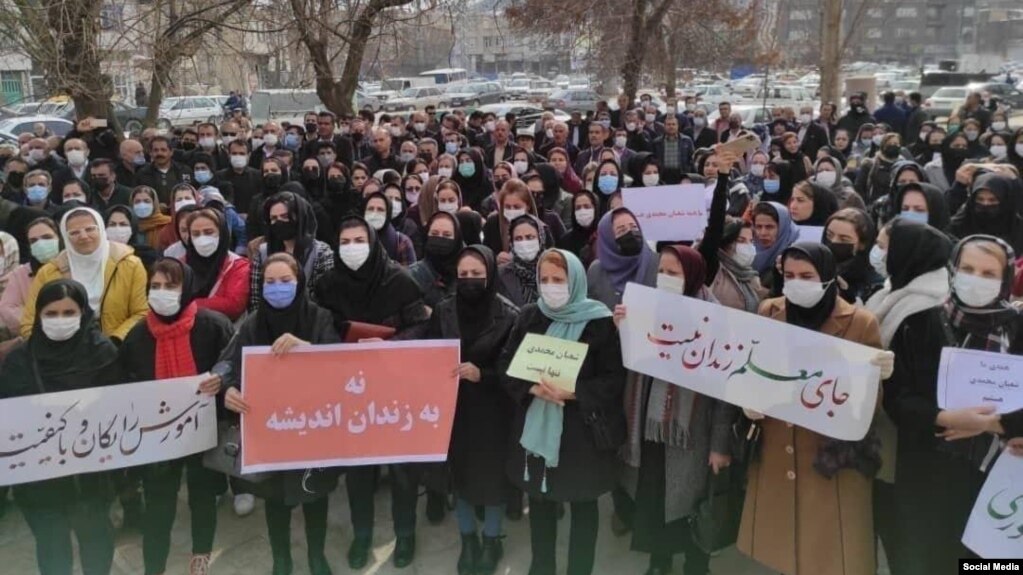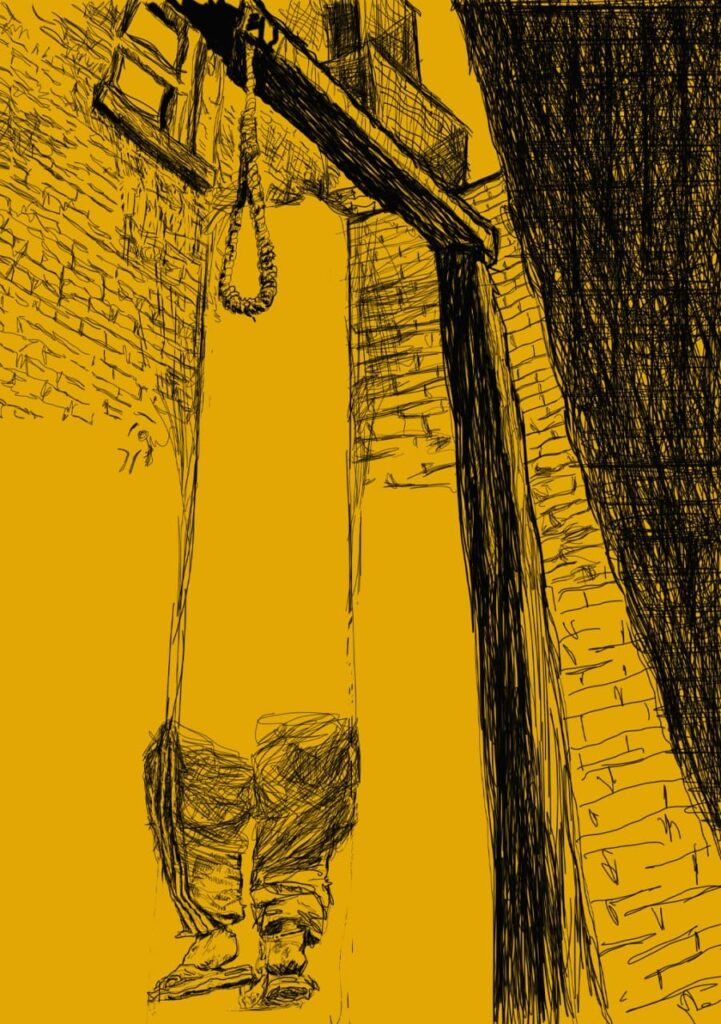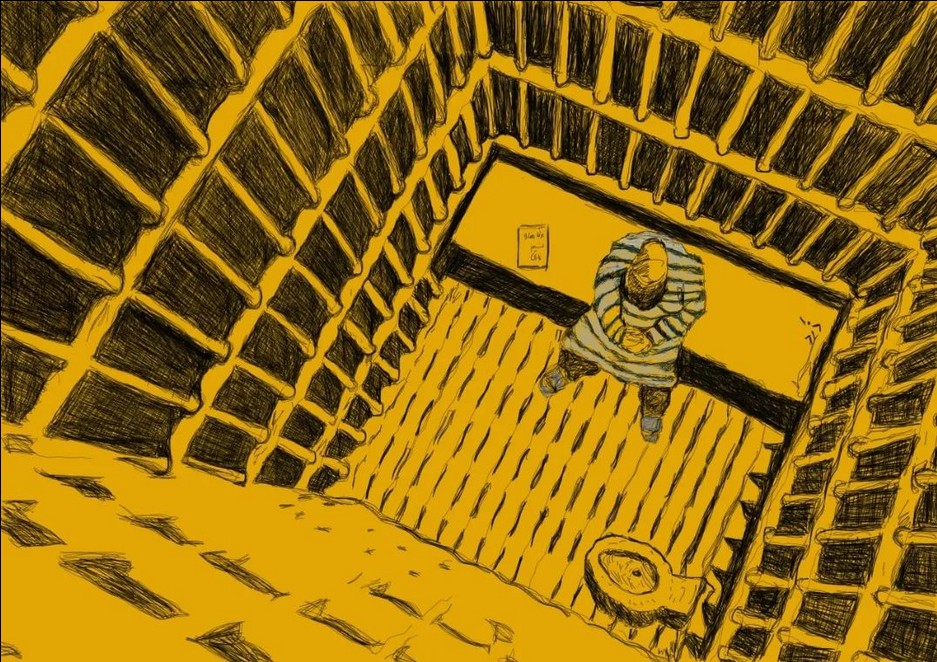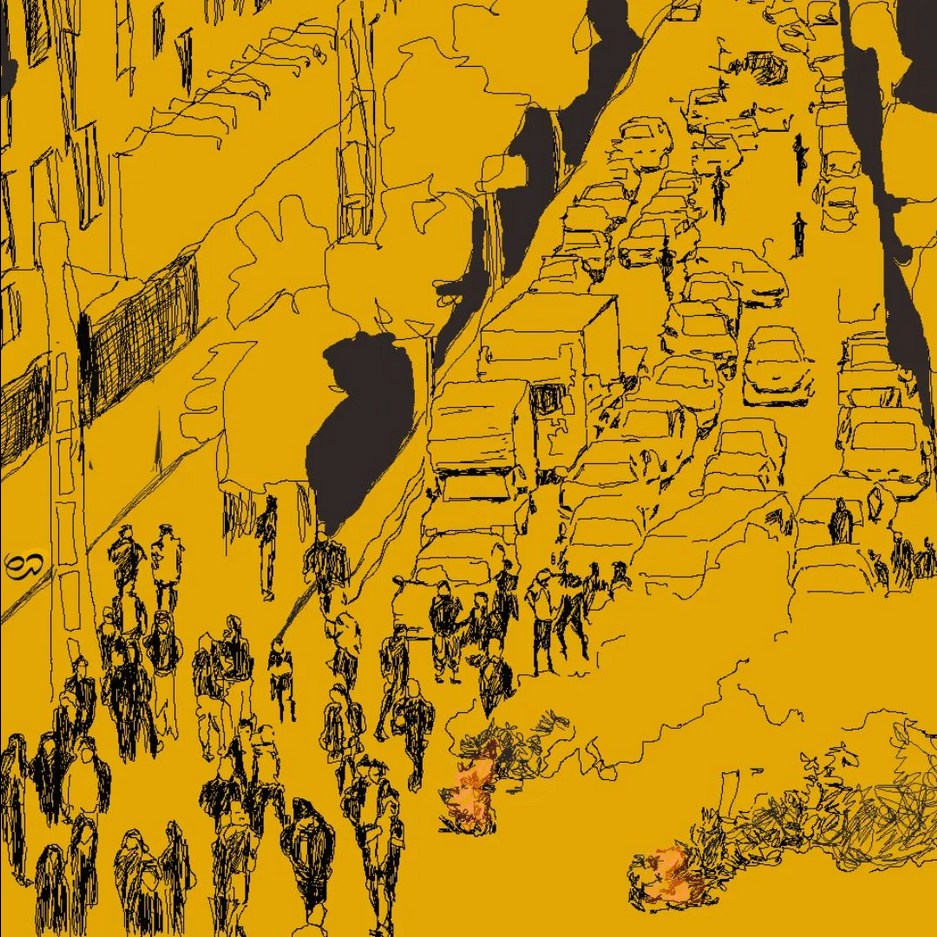More than a year after the suppression of nationwide protests for “Woman, Life, Freedom” and the intensification of security pressures by the government, the conflict of Iranian society against the Islamic Republic grows more intense every day.

As the regime continues to wage war against women through regional warmongering and missile launches, imprisoning political and social activists, expanding executions, and recently issuing a criminal death sentence against Toomaj Salehi and the imminent execution risk for Reza Rasaei, Habib Deris, Mojahed Kourkour, and Abbas Deris, it tries to create fear and stifle Iranian society. However, women and men, including youth, students, workers, retirees, teachers and all sections of society, are increasingly standing against the government, deepening their anger and desire for the overthrow of the regime. It is understood that in the eyes of the Iranian people, the Islamic Republic’s regime has entirely ended, and the only path left is to undertake a revolutionary transformation.
The society’s struggle during the uprisings of December 2017, November 2019, and the year 2022 were significant in their attempt to overthrow the regime. However, the absence of widespread mass organization across various societal sectors has hindered a decisive victory. Specifically, organizing and uniting the working class are critical for achieving substantial political and social transformations. Without the structured involvement of the working class, even the potential overthrow of the Islamic Republic does not ensure the fulfillment of societal demands for freedom and equality.
International Workers’ Day in May 1, 2024 provides an opportunity to re-emphasize the importance of class organization among workers and the rise of their political role for the victory of the massive and revolutionary movement of the Iranian people.
Workers, teachers, employees, retirees, and nurses have been persistently engaged in a direct confrontation with the government for years. The rise of the grassroot’s movements to a revolutionary and transformative stance today stems from the ongoing protests and social movements. The Iranian working class not only strives to eradicate class-based oppression but also directly opposes the government to change political relationships. They are developing their methods of struggle to reflect the transformative goals of their efforts, focusing on expanding protest activities and organizing based on collective and widespread participation and intervention. Despite these efforts, the organization, structured formation, and unity among various sections of the working class remain significantly weak and inadequate.
Certainly, numerous influential activists and figures across various industrial and service sectors are actively working to expand and deepen organizational efforts. Broadening unity of action based on shared demands and the need to transcend current political and governmental relations are essential elements for large-scale organizational development and structuring.
Internationally, enhancing comprehensive support for the labour movement and collaborating with independent activists and organizations can significantly bolster the struggles within the country.
It is certain that the organization of the labour movement among the tens of millions of workers across various centers and sectors will take place. The most effective way to facilitate this organization is by providing widespread support for the ongoing struggles.
The Iran Labour Confederation – Abroad views International Workers’ Day as an opportunity to highlight the expansion of support for the Iranian labour movement internationally in various forms. It also commits to fully developing its organization outside of Iran to bolster the labour movement and apply global pressure against the Islamic Republic.
Long live the global solidarity of the working class
Long live May Day, International Workers’ Day
Iran Labour Confederation – Abroad
